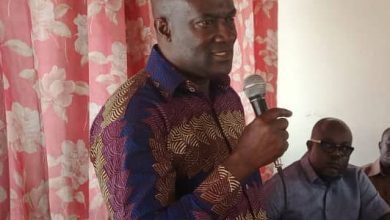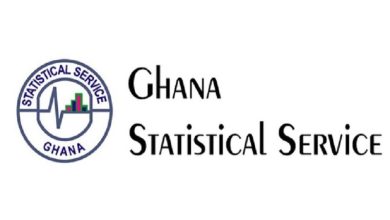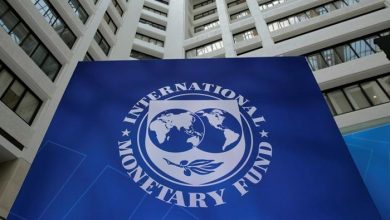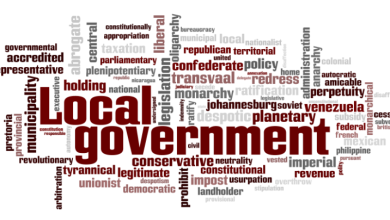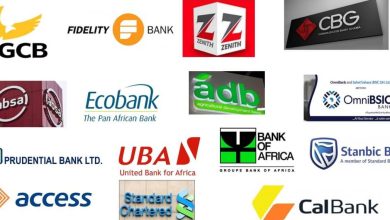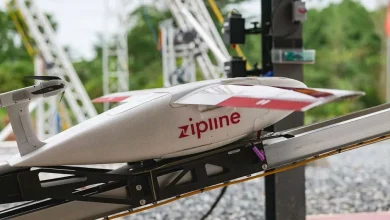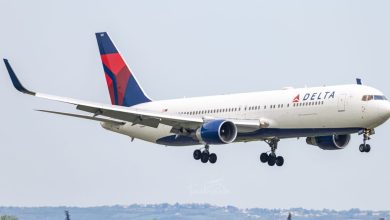Ghana begins exploiting AfCFTA free trade opportunities
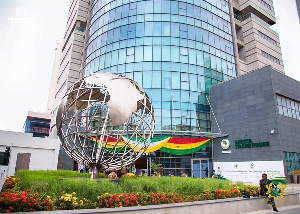
Despite initial worries as to Ghana’s readiness to take an active part in Africa’s new single market, less than two months after the commencement of the African Continental Free Trade Agreement on January 1, corporate Ghana has begun exploiting the preferential trade terms that it offers.
With deliberate documentary support from the government, two Ghanaian companies have already executed their first duty-free exports to other African countries, and imports from within Africa have been received by Ghana on duty-free terms as well.
The two exporting companies are Kasapreko Company Limited and Ghandour Cosmetics Limited. Kasapreko, already a hugely successful exporter of its alcoholic beverages to other West African countries, has made sales further afield under the auspices of AfCFTA last month, successfully exporting a 20 footer container of its products to South Africa, while Ghandour Cosmetics, which is seeking to become an internationally revered brand of personal care products, also shipped a 20 footer container of cosmetic products to Guinea in February.
In the other direction, Ghana has so far received a shipment of unspecified goods from Egypt under duty-free terms of trade enabled by AfCFTA.
According to Ghana’s National AfCFTA Coordination Office, several other firms in the country are in the process of generating the requisite documentation to similarly enable them to export their products to other African countries under the auspices of the continental single market.
The closest to completing the process so far appears to be Ernest Chemists, an indication that the deliberate state policy of supporting Ghana’s pharmaceuticals industry to be a hub for non-traditional export growth is a good one.
A Senior Technical Advisor at the Coordination Office, Dr. Fareed Arthur, has revealed that a number of other companies have called at the office to make inquiries as to how they could take advantage of the agreement.
Ghana’s early start to the pan-continental competition for market share has derived, in part from the AfCFTA secretariat being situated in Accra.
“Information available to us indicates that most countries are not yet ready” asserts Dr. Arthur. “Ghana was lucky to have started early because we have the secretariat in our country. Looking at the situation we believe that most member-states will be ready by March this year.”
The other, bigger reason why Ghana has been one of the first off the starting line is the government’s astute facilitation framework. Indeed, the first two export shipments were given extraordinary documentary support by the government to enable them to serve as test cases.
Indeed the consignments were both accompanied by special letters from the Ministry of Trade and Industry to its counterpart institutions in both counterparty countries.
They were used to test Ghana’s readiness under the initiative” confirms Dr. Arthur. “They were also used to assess the forms and format of documentation to accompany consignments.”
Because definitive rules of origin have not been finalized, the current process requires documentation at both the bilateral and multilateral levels. After a country has designed its tariff offer, it presents it to the AfCFTA Secretariat for approval. A member state must be able to indicate clearly the kind of goods or tariff it intends to accept.
To trade under the initiative, a company needs a certificate of origin issued by a competent authority such as the Customs Division of the Ghana Revenue Authority. This certificate helps the receiving country to determine whether or not the goods actually originated from a member country and that they meet the necessary requirements under the protocol.
Here the Coordination Office offers key services, serving as a liaison between Ghana and the AfCFTA Secretariat. Interested indigenous businesses that want to export to African countries duty-free can register through an online portal: external.unipassghana.com. “We are trying to put everything online as much as possible to enable interested businesses to register at their convenience” assures Dr. Arthur.
This s part of a wider, comprehensive institutional framework Ghana has put in place to maximize its gains from AfCFTA.
It includes the establishment of the AfCFTA inter-ministerial committee, national steering committee, and technical working groups on all the seven clusters for boosting intra-Africa trade. These add on to the AfCFTA and the National Export Development Strategy already in place.
Ghana’s current exports to Africa amount to about US$1.4 billion annually and although the country’s exports to the continent have been growing by an annual rate of some 10.2 percent; on average, since 2015, its share of intra-African trade is only about four percent.
Technical working groups covering areas such as trade policy, trade facilitation, productive capacity and industrialization, development finance, factor market integration, and trade-related infrastructure – transport and communication, have all been set up to make it easy for investors to establish in the country.
Besides, the country can boast of good enabling infrastructure – energy, roads, seaports, airports, telecoms, educated and skilled manpower, and access to commercial justice among others, which make it a top preferred destination for investment within the AfCFTA market area.

